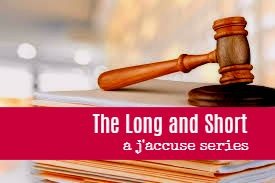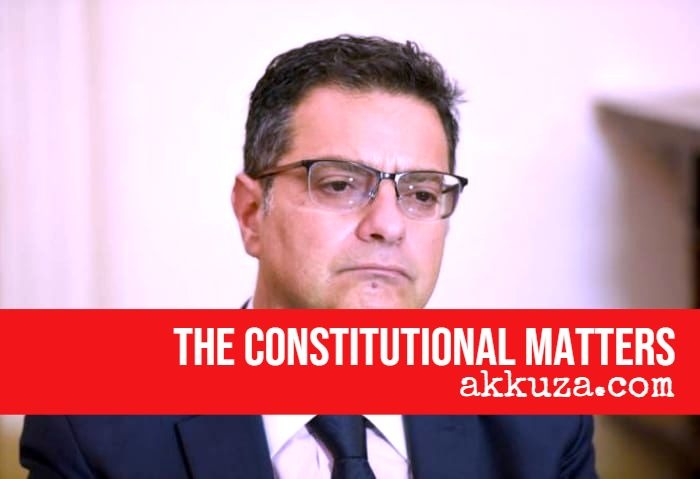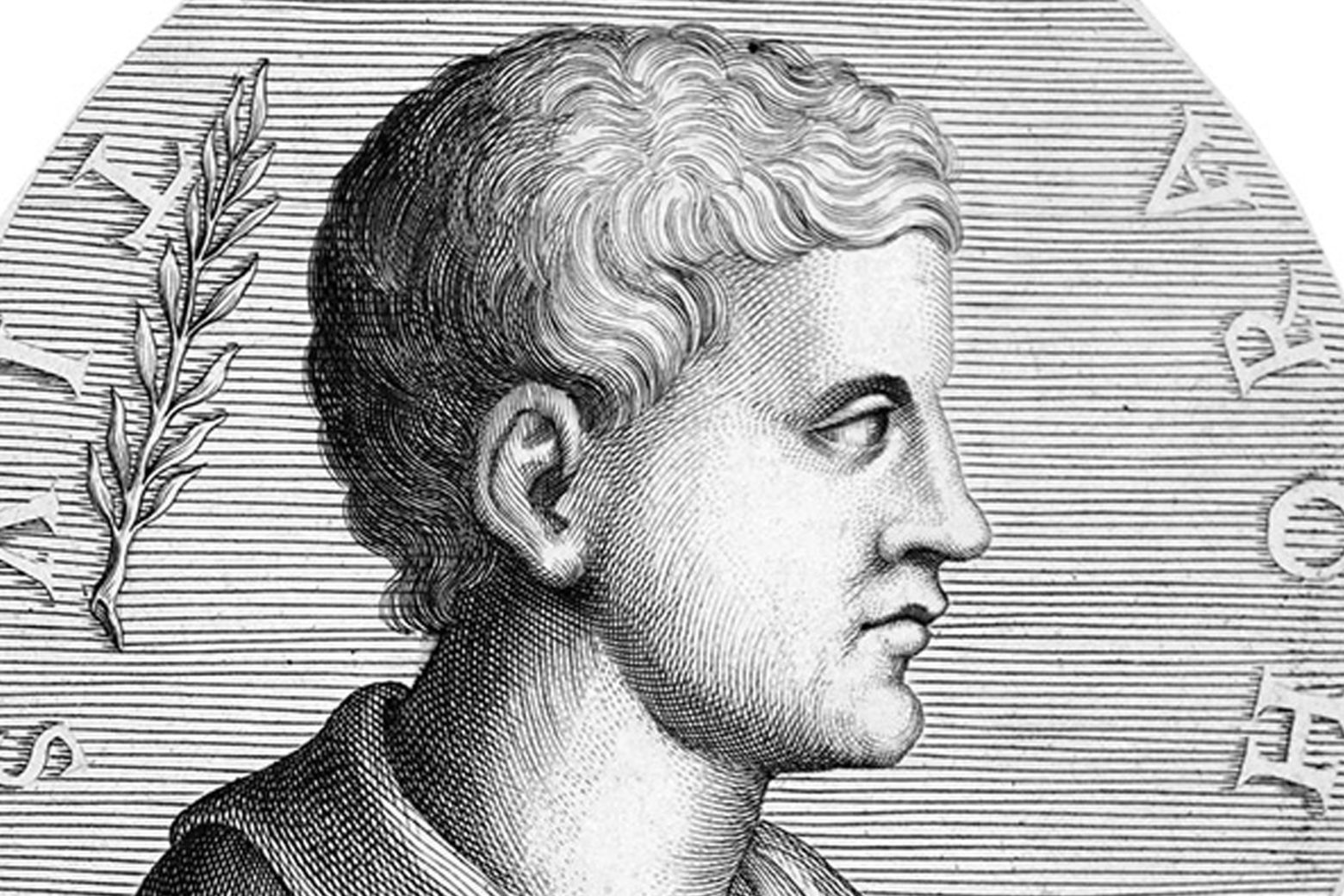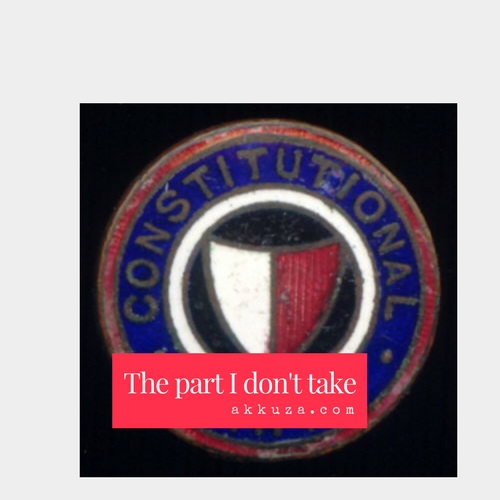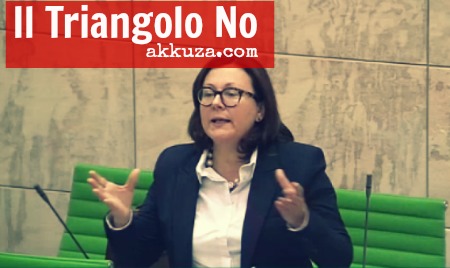This article first appeared on The Shift News on 10.12.2019.
Sunday afternoon turned out to be quite surreal. As the sun began to set on The Eternal City, I stood at the top of the Spanish steps looking down on a huge crowd of people gathered to follow the Pope’s Immacolata procession.
At that precise moment, some 650km away (as the ravenflies) another crowd was beginning to assemble. Unlike the papal crowd, the crowd at Castille Square was calling for justice and accountability. They wanted the man who obstinately clings to the seat of power to let go immediately.
Only the previous day, that man had brazenly been to visit the Pope. Undoubtedly, this was part of his ‘business as usual’ charade: the same charade that would continue on Sunday with his ‘farewell tour’ surrounded by those after his sullied throne.
Since the precipitation of events (to put it mildly) drew Castille’s occupants into circle upon circle of Dantesque damnation, the government’s effort to ‘minimise the fuss’ has multiplied. There has yet to be responsibility assumed for the mess.
Sure, we have seen resignations. They are not the kind of submission to authority that you would expect, though. Rather, those resigning are fêted as heroes. Chiefs of Staff “move on“, Ministers reaffirm their dedication to the cause and the project — and we must be the only country where a Prime Minister mired in corruption and abuse of power is on the road to beatification.
The way the government and backbenchers have rallied behind Muscat can only be described as the thickness of thieves. Each day of denial rendered every one of them complicit in the institutional abuse and cover-up.
Yet, the growing wave of discontent is now clear for all to see. Beyond the Potemkin village meetings that Muscat and friends can orchestrate among the flag-waving diehards lies a brave new world that is gathering momentum and courage. It is a disparate agglomeration of individuals still in search of a leading voice.
Theirs has been an uphill struggle. First came the ‘early adopters’ who, from the start, realised that something was rotten in the state of Denmark.
Then came the angry crowd who had understood that this was not a government for the people by the people, and they had a reason to complain that it was not right.
Last came the doubting Thomas’ who could only be swayed with the ever so deceptive ‘proof’. For the first time in the history of this young nation, a political movement of strange bedfellows was born out of the realisation that the Old Republic was no longer a servant of the people.
Yes, as part of the learning curve in civil action, at every step we had to stress that this was not a political movement (political with a small p as in ‘partisan’). Yes, we had to overcome the mutual diffidence and suspicions of underlying agendas. The remarkable nature of the moment lies in the fact that the overwhelming consensus within the movement of change is that change must come without the political (with a small p) parties. It must happen despite them.
We are a few steps away from understanding that this could be a defining moment constitutionally for our republic. At this stage, the eyes of people from different ideological backgrounds are open. They understand (for different reasons) that our Constitution, and hence our State, is paralysed by conflicting interests.
For some, it is ‘the businessmen’. For others, it is the parties that abuse their power. For others still, it is the lack of certainty. The next step is for all the forces contributing to this wave of anger at the establishment that has let us down to accept that it is the whole system that needs a reboot – beyond the different ideologies.
Prepare the ground for a constitutional reform within which the different ideologies and projects for the country’s future may find fertile ground to debate and grow. A project that returns politics to the normal, boring politics — but one with a capital ‘P’.
Those who expect this change to come from within one of our stagnant parties have still not read the writing on the wall. They will try to operate within the same constitutional constraints that the parties have abused since the birth of the republic.
The latest surveys show that the Labour Party still leads the PN at the polls, but it has not gained in popularity. Rather, it seems to be losing support. The PN has practically not budged in a situation where it should have been benefiting from the anger as the Party in opposition. I do not read these signs negatively. The loss of the two-Party support is our nation’s gain.
The country needs real leaders. Individuals who can guide this movement through this bumpy phase. It must not, and will not, stop at justice for the corrupt. It must also proceed to lay the foundations for the new republic.
Seize the moment.
